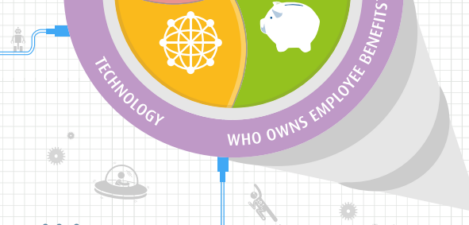September 7, 2015
Employment is increasingly dependent on an ability to get on with people 0
 It can be heartening to learn that there will still be a role for humans in the forthcoming world of robots, drones and driverless vehicles. Inevitably, it is those skills that are hard to automate that will define many of the human jobs of the near future and so one of the skills that will continue to attract paid employment will be the ability to get on with other people. This skill has already defined the labour market for the past 35 years and helped to narrow gender differences in the job market. These are the main conclusions of a new report published by David Deming of the US based National Bureau of Economic Research. According to his working paper “The Growing Importance of Social Skills in the Labor Market,” which is currently awaiting peer review, nearly all job growth since 1980 has been in occupations that depend to a large extent on well developed social skills.
It can be heartening to learn that there will still be a role for humans in the forthcoming world of robots, drones and driverless vehicles. Inevitably, it is those skills that are hard to automate that will define many of the human jobs of the near future and so one of the skills that will continue to attract paid employment will be the ability to get on with other people. This skill has already defined the labour market for the past 35 years and helped to narrow gender differences in the job market. These are the main conclusions of a new report published by David Deming of the US based National Bureau of Economic Research. According to his working paper “The Growing Importance of Social Skills in the Labor Market,” which is currently awaiting peer review, nearly all job growth since 1980 has been in occupations that depend to a large extent on well developed social skills.




































September 8, 2015
Over a fifth of working mothers denied flexible hours are forced to quit 0
by Sara Bean • Comment, Flexible working, News, Workplace
(more…)